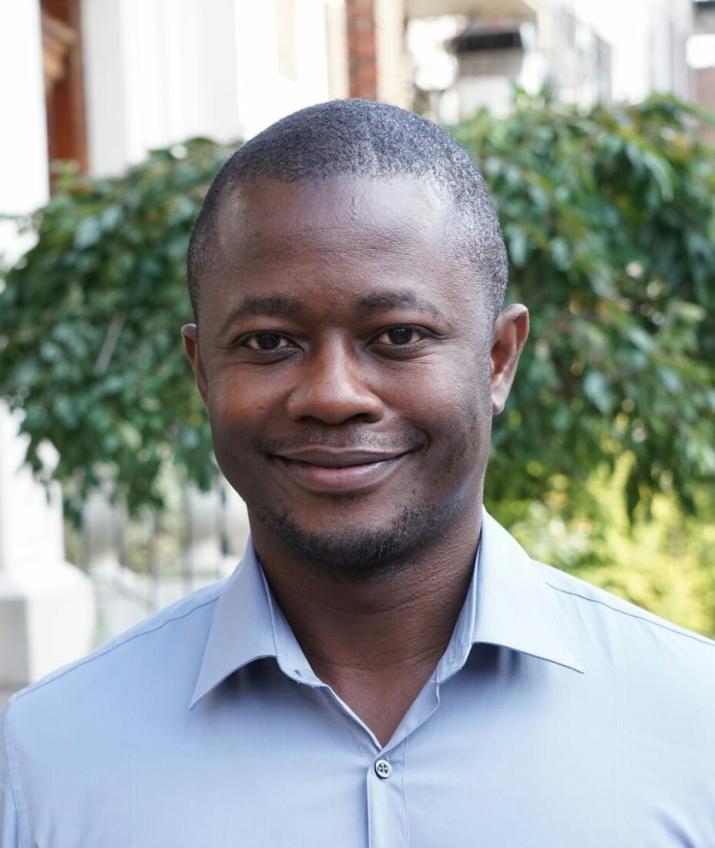The Mosquito and Its Environment: How Environmental Factors Shape Disease Transmission in Anopheles Vectors
November 9, 2018 | 12:00pm - 1:00pm ET
Category:
The Mosquito and Its Environment: How Environmental Factors Shape Disease Transmission in Anopheles Vectors
November 9, 2018 | 12:00pm - 1:00pm ET
Henry Frempong Owusu, PhD
Postdoctoral fellow
Harvard T.H. Chan School of Public Health
About the lecture
A sure way to prevent the transmission of mosquito-borne diseases is to eliminate the mosquito vector from the transmission cycle. For a mosquito to successfully complete its life cycle, it requires both aquatic and terrestrial habitats. The conditions of these habitats, such as crowding, availability of nutrition and temperature, affect the capacity of the mosquito to act as a vector and, therefore, influence disease transmission. A better understanding of this interplay could help develop new transmission-blocking tools and eventually contribute to a reduction in the burden of vector-borne diseases. This talk explores the complex interactions between the mosquito and its environment and shows how environmental determinants affect various aspects of a mosquito’s vectorial capacity including vector density, survival and pathogen development.
Lunch will be catered by Guasaca. This event is sponsored by the Malaria Research Initiative at DGHI.
About the speaker
Henry Frempong Owusu is a postdoctoral fellow at the Department of Immunology and Infectious Disease at Harvard T.H. Chan School of Public Health. After receiving his BSc in Medical Laboratory Sciences from the Kwame Nkrumah University of Science and Technology (KNUST) in Kumasi, Ghana, he worked as a Medical Laboratory Technologist in various hospitals across Ghana for several years. Driven by his interest in the population-level impact of infectious diseases, and in particular vector-borne diseases such as malaria, he went on to obtain an MSc in Infection Biology and Epidemiology from the Swiss Tropical and Public Health Institute (SwissTPH) in Basel, Switzerland. After completion of his PhD in Epidemiology from SwissTPH in 2016, he received a mobility grant from the Swiss National Science Foundation to pursue his research on the environmental determinants of mosquito population biology and vector-parasite interactions at the Harvard T.H. Chan School of Public Health.
